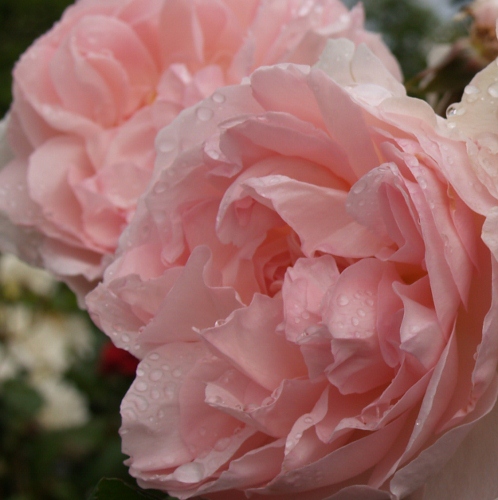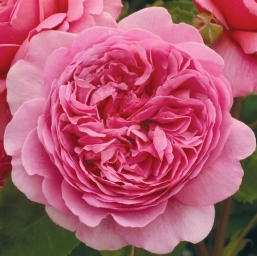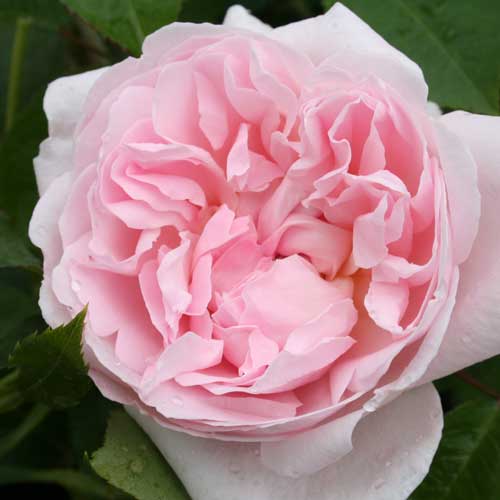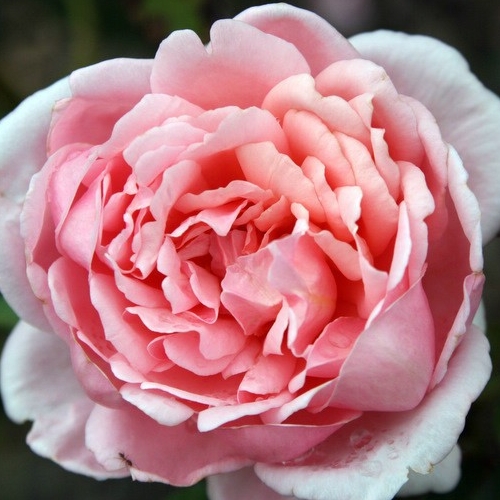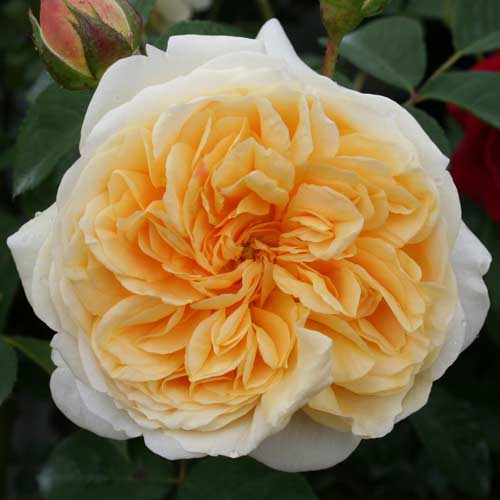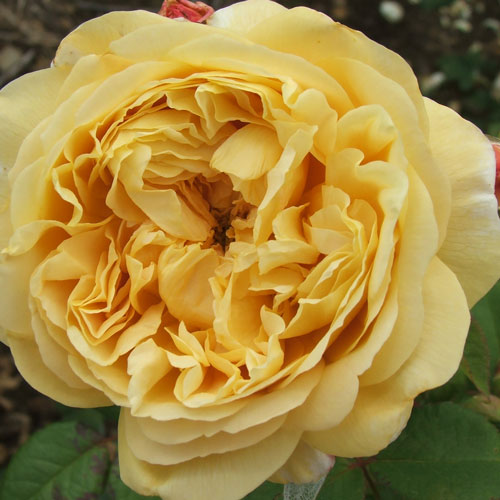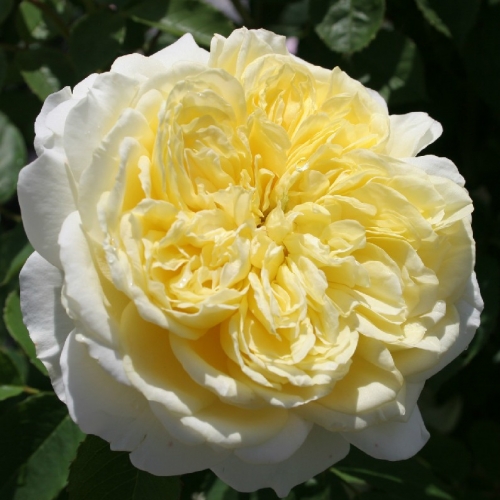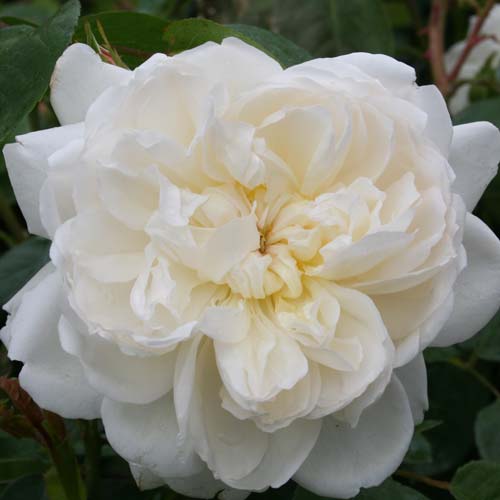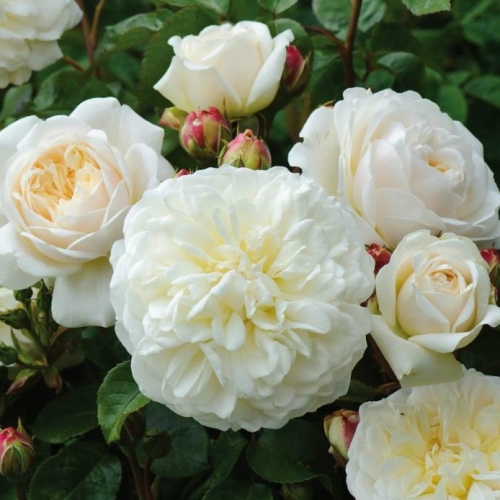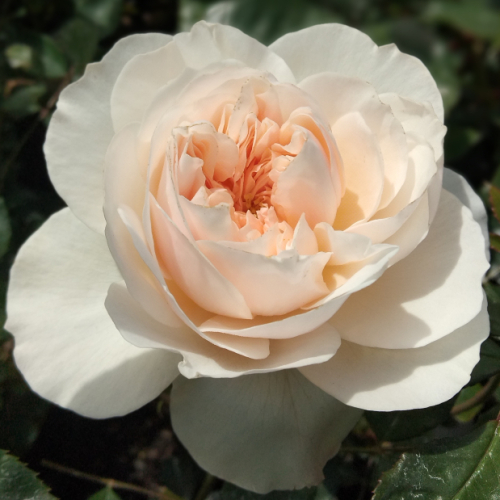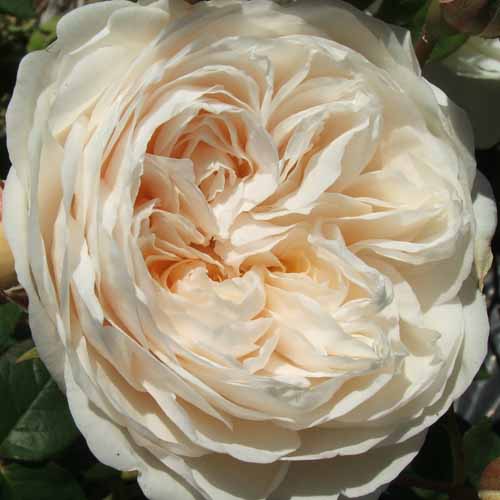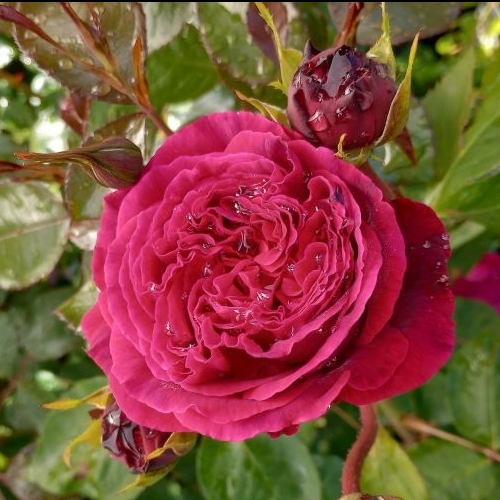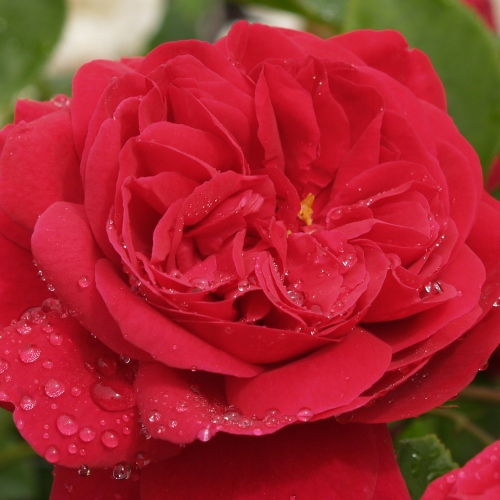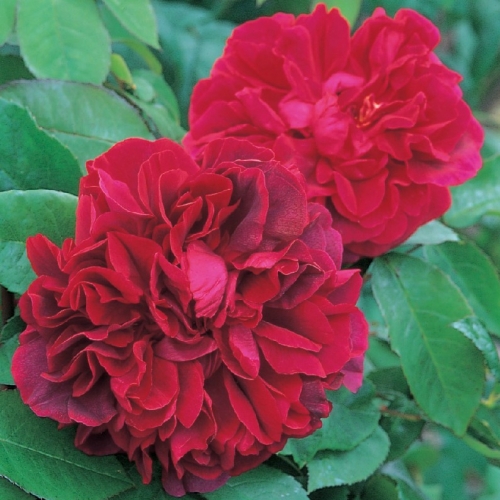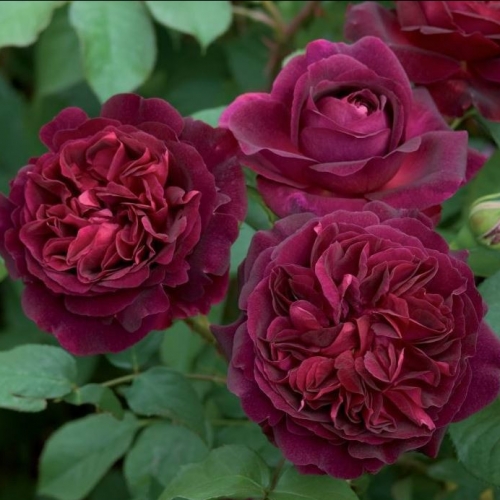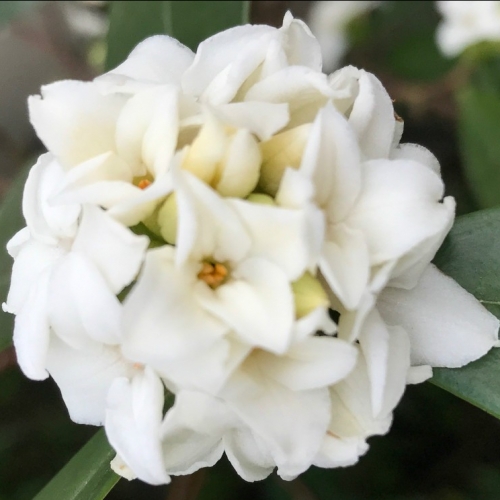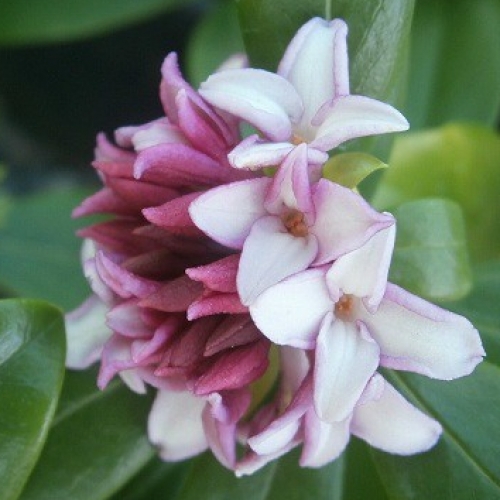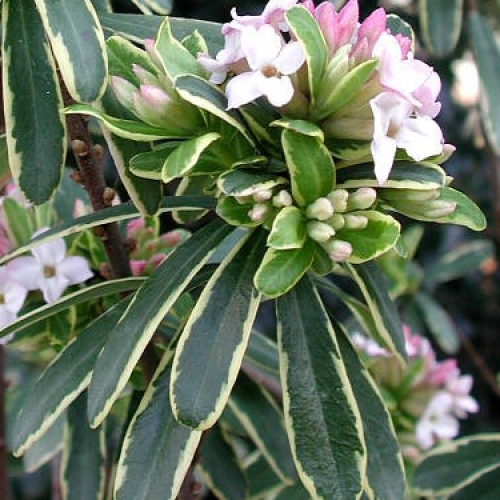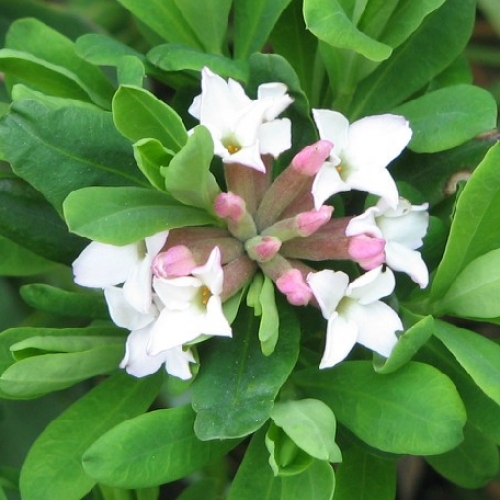Our weekly email news letter. Sign up here to get them delivered straight to your email in box. See below for previous issues...
Please note that product availability and prices may have changed from when this newsletter was sent. Please check this site or phone us for current availability and pricing.
Friday 3rd July, 2020
|
|
|
Archived by year 2022 | 2021 | 2020 | 2019 | 2018 | 2017 | 2016 | 2015 | 2014 | 2013 | 2012 | 2011 | 2010 |
Last 25 Newsletters...
Rake up those leaves (20th April, 2024)
Things Citrusy (13th April, 2024)
Get harvesting and preserve (6th April, 2024)
Crabapples looking good (29th March, 2024)
Garlic (23rd March, 2024)
Autumn Sale Preview (16th March, 2024)
Orchard planning (9th March, 2024)
Gardens are for play (3rd March, 2024)
Autumnal feel in the air now (24th February, 2024)
Newsletter correction (16th February, 2024)
Welcome back (17th February, 2024)
Thank you (16th December, 2023)
Pot care (9th December, 2023)
Mulch is a must (2nd December, 2023)
Tidy Up Time (25th November, 2023)
Planting now (18th November, 2023)
Waterlilies (11th November, 2023)
Daisies take 1 (4th November, 2023)
Deciduous Azaleas (28th October, 2023)
Labour weekend (21st October, 2023)
roses roses roses (14th October, 2023)
The roses are budding up with this sun (7th October, 2023)
Maples (30th September, 2023)
Happy birthday to you!! (23rd September, 2023)
Blossom time (16th September, 2023)
Birthdays (9th September, 2023)
Tree shapes (1st September, 2023)
Sunshine at last (26th August, 2023)
Supa Size (19th August, 2023)
Size can matter (5th August, 2023)
Signs of Spring (29th July, 2023)
Happy Matariki! (15th July, 2023)
Roses all in order (8th July, 2023)
What it takes to produce a rose. (1st July, 2023)
It's all in the name (24th June, 2023)
Rose's, tree's and more.. (17th June, 2023)
Its all about roses (10th June, 2023)
Whats in a Standard (3rd June, 2023)
To Hedge or not (27th May, 2023)
Proteaceae Family (20th May, 2023)
Baby bear, Itty Bit, Little Gem (13th May, 2023)
Species Camellias and more (6th May, 2023)
Its all Lemons and Hiemalis this week (29th April, 2023)
Sasanqua and Oranges (22nd April, 2023)
Mandarins (15th April, 2023)
Citrus (7th April, 2023)
Lloyd here (1st April, 2023)
Evergreen or Deciduous? (25th March, 2023)
Autumn (18th March, 2023)
Roses roses roses (11th March, 2023)
Wairere Nursery
826 Gordonton Road, R D 1, Hamilton 3281 Ph: (07) 824 3430 Email:
